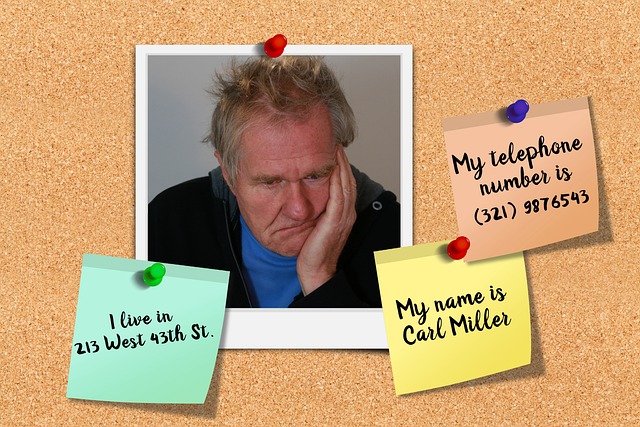In South Carolina, clergy abuse attorneys specialize in addressing misconduct by religious leaders, offering vital support to victims through legal representation, privacy protection, and advocacy for accountability and justice within faith-based communities. They navigate complex church laws and organizational structures to secure settlements or court representations, ensuring healing and safety for affected individuals.
In South Carolina, the issue of clergy abuse has garnered increasing attention, highlighting the need for specialized legal support. Understanding and addressing this sensitive topic requires the expertise of clergy abuse attorneys who can guide victims through complex legal landscapes. This article delves into the profound impact of clerical abuse and explores the pivotal role played by these attorneys in helping survivors seek justice. By understanding your options, victims can navigate their legal journey with confidence, ensuring they receive the necessary support for healing and closure.
Understanding Clergy Abuse in South Carolina

In South Carolina, clergy abuse refers to any form of misconduct or exploitation committed by religious leaders against individuals within their community. This can include sexual harassment or assault, emotional abuse, financial manipulation, and other forms of unethical behavior. Given the sensitive nature of these issues, victims often need specialized support and legal representation from clergy abuse attorneys South Carolina. These professionals are equipped to navigate complex laws and religious institutions to ensure justice and healing for those affected.
Understanding the nuances of clergy abuse is crucial in this context. Victims may face unique challenges due to the power dynamics at play within religious organizations. Clergy abuse attorneys South Carolina help victims recognize their rights, provide confidential support, and guide them through legal options available under state laws. They work tirelessly to protect the privacy of their clients while pursuing accountability for the perpetrators.
The Role of Clergy Abuse Attorneys

Clergy abuse attorneys in South Carolina play a vital role in addressing and resolving cases involving sexual misconduct by religious leaders. These specialized legal professionals are equipped to handle complex matters with sensitivity and expertise, ensuring victims receive justice and accountability. In instances where individuals have suffered abuse within their faith communities, clergy abuse attorneys offer crucial support, guiding clients through the legal process while prioritizing their emotional well-being.
With a deep understanding of church law and organizational structures, these attorneys navigate the unique challenges presented by religious institutions. They work tirelessly to protect the rights of victims, often helping them find closure and healing through legal avenues. By holding perpetrators accountable and advocating for systemic changes, clergy abuse lawyers contribute significantly to fostering safer environments within South Carolina’s faith-based communities.
Navigating Legal Options for Victims in SC

For victims of clerical abuse in South Carolina, understanding one’s legal options is a crucial step towards justice and healing. The first course of action is to reach out to experienced clergy abuse attorneys who specialize in such cases. These legal professionals have the knowledge and resources to guide survivors through complex laws and regulations, ensuring their rights are protected. They can help with navigating state-specific statutes of limitations and the unique challenges that come with religious institutions.
Victims may find solace in knowing there are dedicated clergy abuse attorneys in South Carolina who advocate for their interests. These attorneys offer a safe space to discuss the trauma experienced and provide strategic legal support tailored to each case. They work diligently to build strong cases, often negotiating settlements or representing clients in court to hold abusers accountable and secure compensation for the harm suffered.






